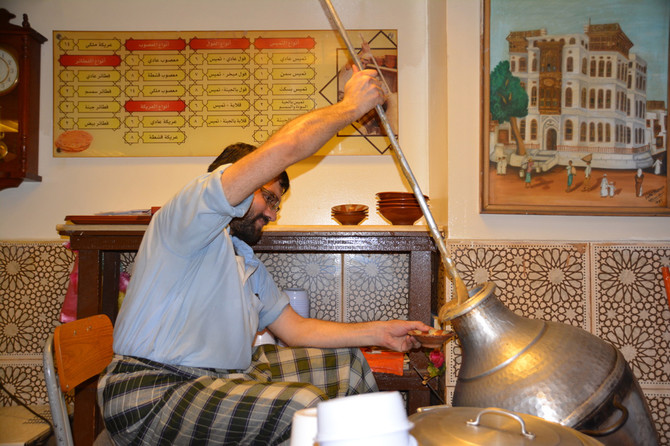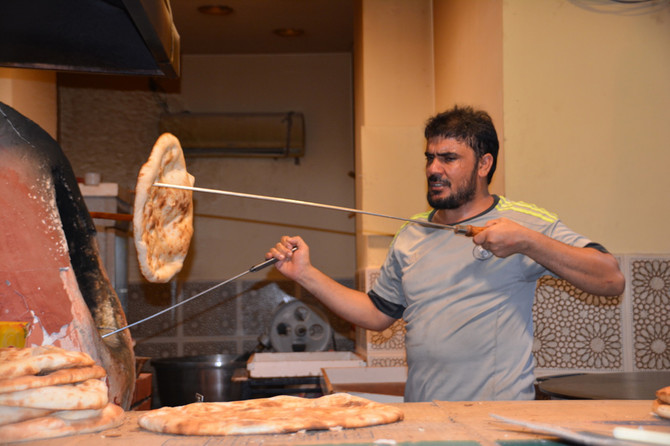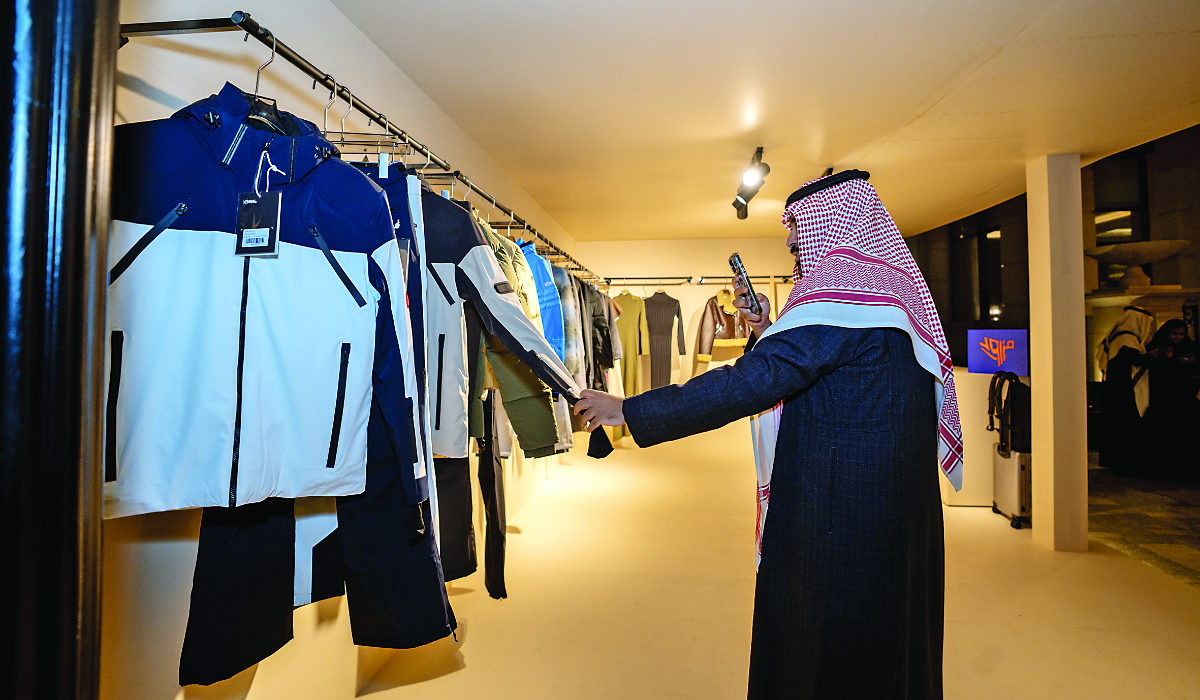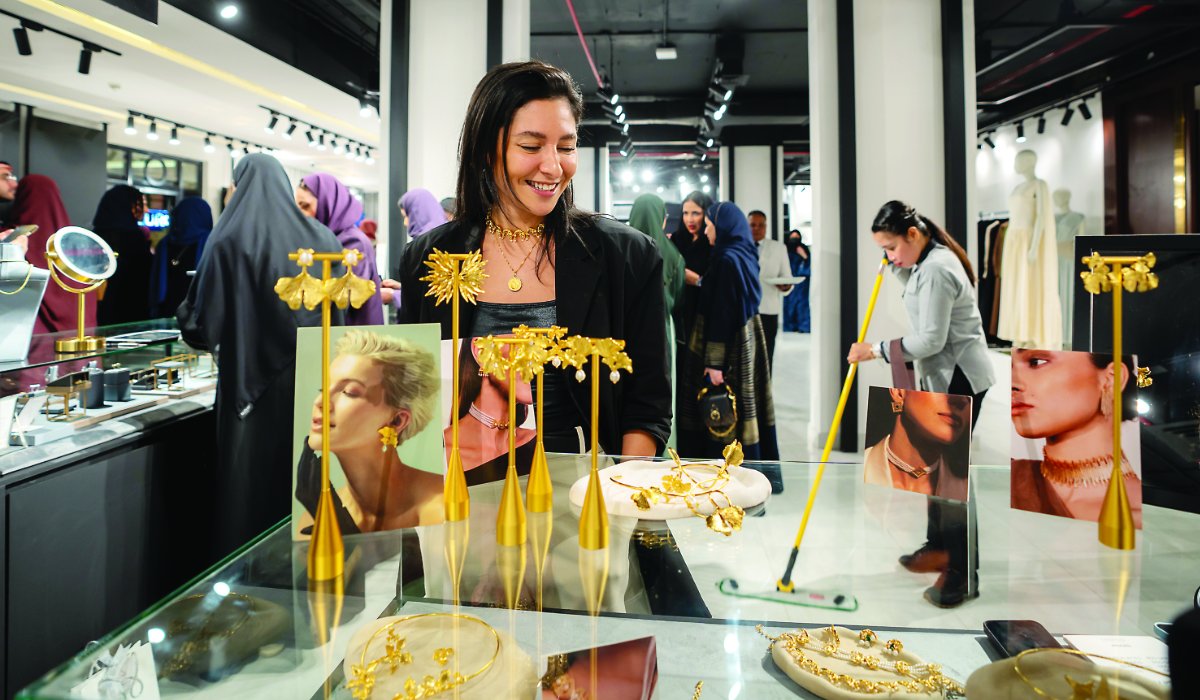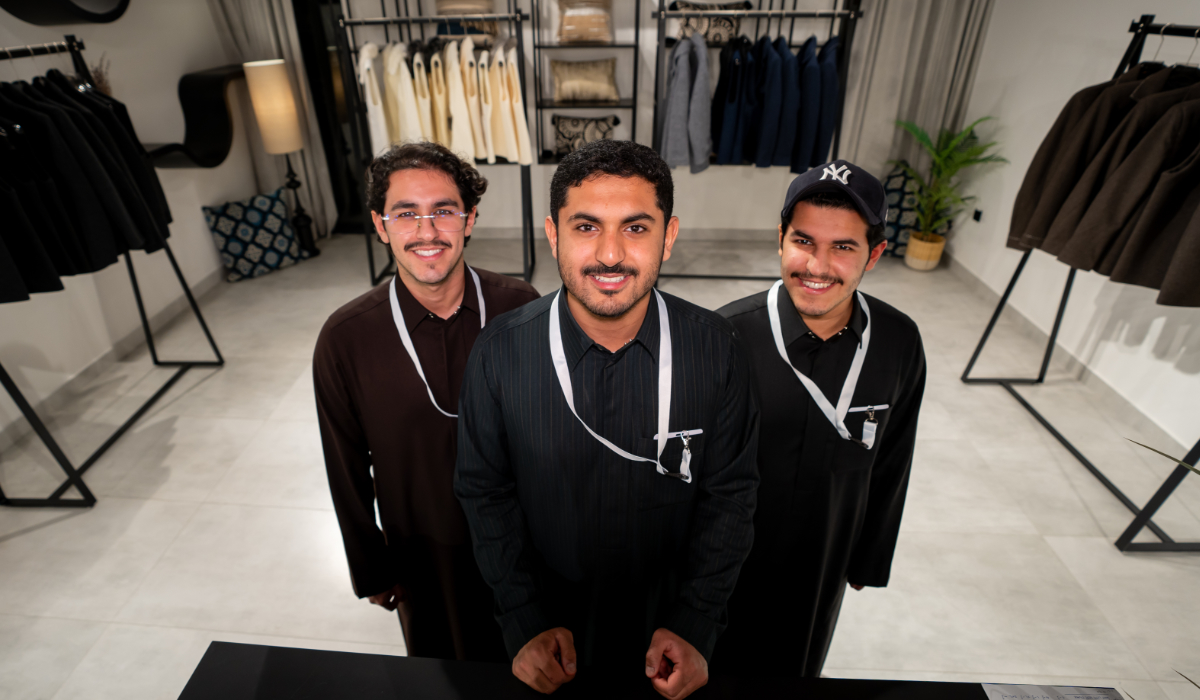JEDDAH: This is the first Ramadan since the opening of the new waterfront in Jeddah and families are excited to come to the corniche for iftar and relive their old memories.
The popular trend of breaking the fast at the corniche has been carried out for a long time. The corniche was traditionally a popular option because of the mild weather and summery breeze at the seaside.
However, there was a decline in the number of people who visited the corniche due to the lack of seating and somewhat unhygienic space where people did not dispose off their rubbish properly. The weather played a role, too, as people preferred an airconditioned space for iftar.
But this Ramadan brought good news as the new corniche offered the ideal combination of breezy weather and a beautifully constructed seafront — a combination of unique architecture and simple structures.
It is well organized and divided into many spaces specially designed for children, for those who just want to walk, for those who want to enjoy the sandy beaches, and its division allows people to not clash with each other and avoids crowding.
 Volunteers are stationed to ensure the peace and cleanliness of the beach. Families in Jeddah are arranging get-togethers and have several spots to choose from — be it thick grass, sandy beach, concrete or wooden huts — and are reviving the long-standing tradition of gathering their family and spending their day relaxing at the seafront.
Volunteers are stationed to ensure the peace and cleanliness of the beach. Families in Jeddah are arranging get-togethers and have several spots to choose from — be it thick grass, sandy beach, concrete or wooden huts — and are reviving the long-standing tradition of gathering their family and spending their day relaxing at the seafront.
“I like how the new corniche has progressed, it’s extremely beautiful and nice to come to for a family outing,” said Hafsah Khan, a mother of three children.
With better organization, people are proving themselves to be responsible citizens by keeping the area clean and taking care of the environment; they are even training their children to put garbage in the bins.
Adnan Kamal, a visitor and father of three, said: “It is cleaner and more organized. I used to come here before but with the new corniche it is exciting and perfect for iftar.”
As the sun goes down, visitors are sharing their dates and offering them to passers-by.
The prayer arrangements are done well; prayer mats are arranged at short intervals so that people can offer their prayers with ease instead of making a run to the mosques.
Ibtesam, an 18-year-old who was visiting the corniche with her family, said: “I like the environment here, it’s very clean, odor-free and peaceful. The best thing is people are also trying to manage the cleanliness.”
“We used to come here all the time before, but then my father got tired of the noise and the crowd; now this is so much more peaceful.”
Aminah, a 16-year-old girl visiting with her family, had one problem. “All is beautiful and mesmerizing but we were having trouble with the volunteers with the language as they didn’t know how to speak English.”
Rahaf Abdullah, who was setting up her iftar mat, said: “I like the view here, I like everything about the new corniche; that’s why I want to come here more often.”
Her father Abdullah Saeed chimed in: “I am very proud of the positive changes in Jeddah, including the corniche, and that Saudis are putting up a better image of themselves.”



